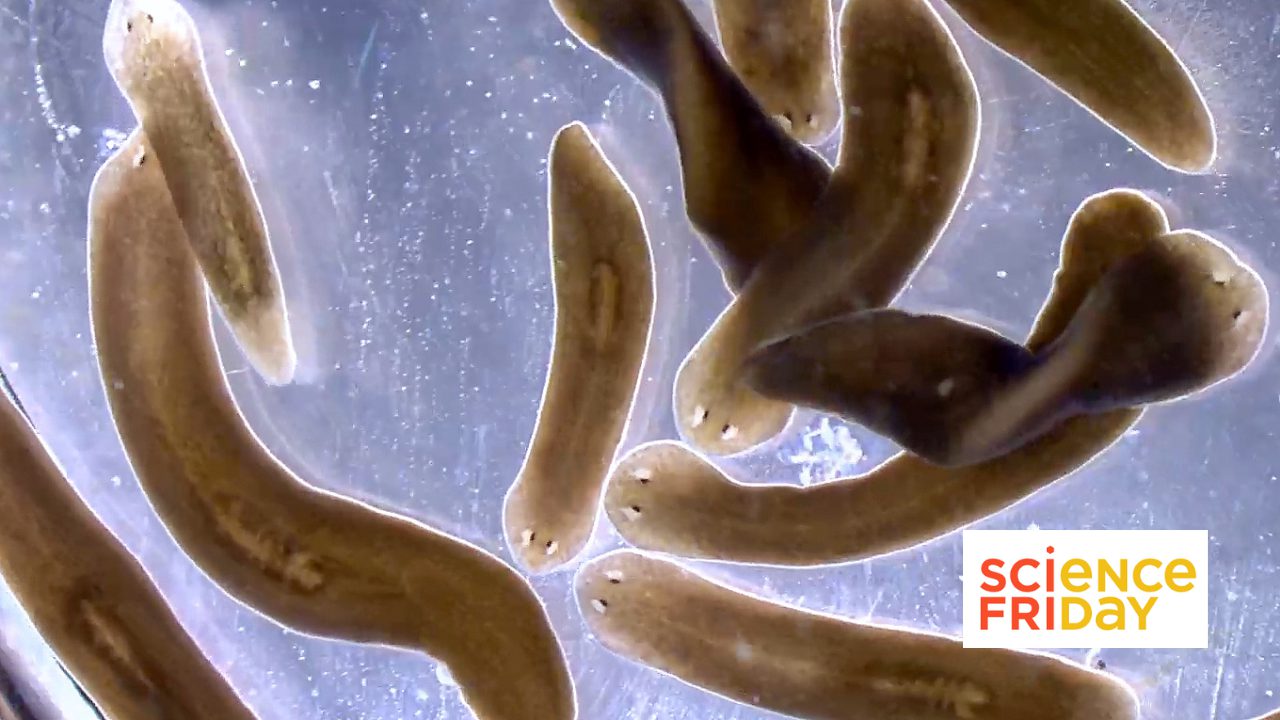In The News

07 January 2026
Investigator Kamena Kostova, named ‘Cell Scientist to Watch’
From the Journal of Cell Science, Investigator Kamena Kostova named a 'Cell Scientist to Watch'
Read Article
Video
Ahmet Karabulut was recently awarded third place in the Nikon Small World in Motion competition for his video showing a time-lapse of neurons and stinging cells of the sea anemone
Karabulut's award-winning video illustrates the dynamics between sea anemone neurons and stinging cells
Ahmet Karabulut, a predoctoral researcher in the lab of Matt Gibson, Ph.D., was recently awarded third place in the Nikon Small World in Motion competition for his video showing a time-lapse of neurons and stinging cells in the body column of the sea anemone, Nematostella vectensis.
Nikon Small World recognizes the artistic creativity and technological prowess of microscopists. “This is a huge honor,” Karabulut said. “I hope my video has a positive impact and inspires others to pursue exciting work that shows the beauty of life in exquisite detail”
Karabulut, a cell and developmental biologist, captured the video while working as a predoctoral researcher at the Graduate School of the Stowers Institute.
Fascinated by the biology of living things at scales not accessible to the human eye, Karabulut has been taking photographs through a microscope for more than 10 years and has used advanced microscopy techniques for the last five years.
When asked about the winning video Karabulut explained, “It provides a
window into the complex and ever-changing events in the live animal,
which are only observable under the microscope.”
In The News

07 January 2026
From the Journal of Cell Science, Investigator Kamena Kostova named a 'Cell Scientist to Watch'
Read Article
#Stowers25: Celebrating 25 Years
06 January 2026
Alejandro Sánchez Alvarado, Ph.D., reflects on a year of discovery, gratitude, and the community that helps support our mission.
Read Article
In The News

01 January 2026
From Science Friday, President and CSO Alejandro Sánchez Alvarado talks about the science of regeneration and the biology lessons we can carry into the new year.
Read Article
